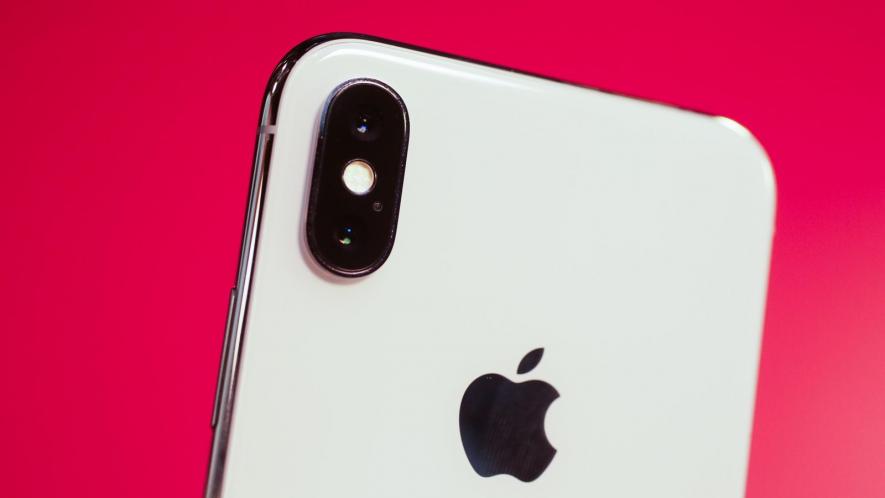Apple Slows Old iPhones to Solve Battery Problems, Tech Experts Say Better Solutions Possible

Image Courtesy: CNET
Apple has rolled out software updates which are slowing down old iPhones. While this move has been suspected to be a ploy to get users to buy new iPhones, Apple has responded to the allegations saying this has been done to solve battery issues. Plenty of technical experts have however suggested that Apple could have dealt with the battery problems differently, not by sneakily slowing down old phones.
Social media websites like Reddit had been witnessing outrage by angry users about their iPhones performing slowly after software updates. John Poole at Geekbench published results of iPhone performance earlier this week which confirmed that older phones are indeed performing slowly after their software are updated.
After the Geekbench report, Apple was contacted for a response. In its statement, Apple said that they have been slowing down phones with old batteries for a year. The company reasoned this by explaining that as lithium-ion batteries age, their performance dips, and they are not able to deal with the demands of a faster CPU. For instance, when multiple applications are open on a phone simultaneously, the CPU will have to perform a greater number of operations, and will need more juice from the battery. But old lithium-ion batteries do not respond well to such demands of higher power, and often shut down completely. Complaints of “sudden shutdowns” of iPhones still left with 40% battery have been going around for quite a while. Apple claimed that lowering CPU performance, and consequently slowing down your phone, is what would solve this problem.
Poole in his Geekbench report said that this move reeks of “planned obsolescence” — the act of deliberately reducing the lifespan of old products to drive sales of new ones. “This fix will cause users to think, ‘my phone is slow so I should replace it’ not, ‘my phone is slow so I should replace its battery,’” he wrote.
Kyle Weins, CEO of iFixit, a company that facilitates user-repair of consumer electronics, told Wired that rather than throttling CPU performance, Apple could have educated users about lithium-ion batteries. Apple could also work to make it easier for users to replace batteries. But the company has constantly lobbied against the right-to-repair legislation, making it difficult for users to repair their own phones, or get third-party fixes. In its defence, Apple says that it doesn't want users to open their phones as it would make them susceptible to hacking, as well as make the phone easier to counterfeit.
Apple could also have given consumers the option to choose between lower CPU performance and unexpected shutdowns due to battery overload. The reduction in processing speed, which is automatically implemented in software updates, could have been made optional, so users can choose the compromise they would prefer to make with their ageing devices.
Users took to Twitter to express their anger on Apple’s move:
Since Apple admits they slow down old iPhones I'll admit I probably won't buy a new iPhone
— Jeff Zenisek (@jeffzenisek) December 21, 2017
Apple deliberately slowed older iPhones with iOS updates. This basically amounts to massive, deliberate fraud however Apple spin it. https://t.co/cMhYjejJAb
— Paddy Manning ن (@PaddyJManning) December 21, 2017
So apple admits to slowing down older phones on purpose because the older phones have “battery problems”... it’s funny how I only had battery problems when the new iPhones came out and apple sent an update. Bunch of crooks
— Eric Turner (@Eturner52) December 21, 2017
Get the latest reports & analysis with people's perspective on Protests, movements & deep analytical videos, discussions of the current affairs in your Telegram app. Subscribe to NewsClick's Telegram channel & get Real-Time updates on stories, as they get published on our website.
























